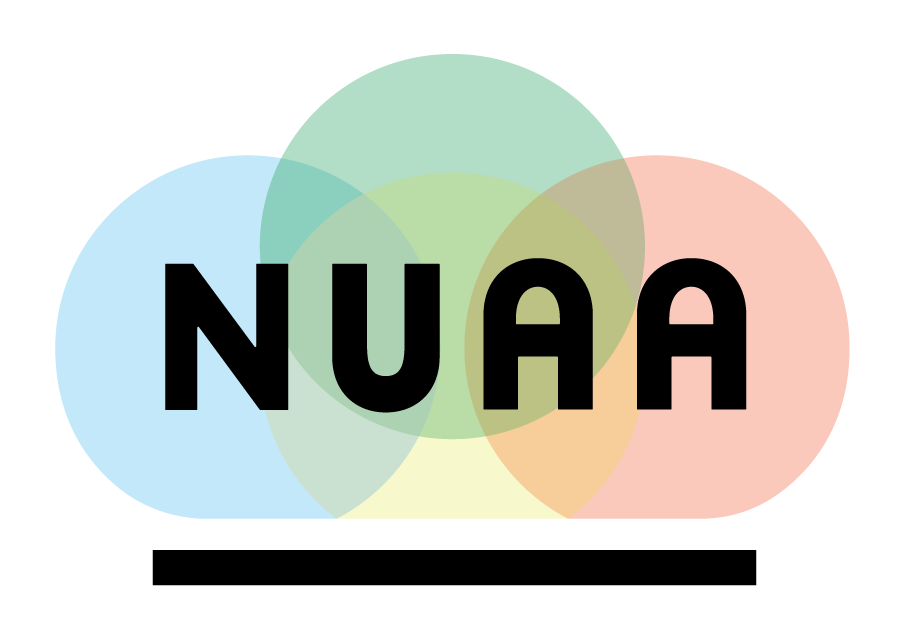
Hep C Support
NUAA is committed to working towards NSW’s goal of eliminating hepatitis C in the state by 2028.
We have developed an innovative and dynamic model that involves peers working alongside clinical services to help members of our community access services. We use the empathy and support that comes from peer-to-peer roles, which can often be the turning point for taking action around hep C. Peers are integral to it all!”
Our aim is to ensure that people who inject drugs are empowered, informed and supplied with all the tools they need to prevent virus transmission, get tested, access treatment and remove barriers to achieving a successful sustained viral response (SVR).
What you need to know about hep C
-
Hepatitis C, sometimes called hep C or HCV, is a virus that causes damage to your liver. The liver is a vital organ located in the upper right-hand corner of the your abdomen, just under your ribs.
The liver:
cleans the blood of toxins
breaks down the food you eat
builds protein
You can’t live without a liver.
-
Hep C is spread only through exposure to an infected person's blood. Transmission of hep C can occur through:
Sharing used injecting equipment
Sharing used tattooing, piercing and scarification equipment
Sharing used straws and pipes
Sharing razors and toothbrushes
Blood sports (such as fighting)
Unprotected sex (when blood is involved)
-
Most symptoms of hep C go unnoticed and may not develop for some time.
However, some symptoms that may be experienced include:
yellow skin and eyeballs (jaundice)
dark coloured urine
nausea
tiredness
loss of appetite
swollen and painful abdomen
If left untreated, hep C can cause acute and chronic conditions of the liver, including fibrosis, cirrhosis, liver failure and liver cancer.
-
Having a blood tests is the only way to tell if you have hep C. Blood tests can also show if there is any damage to the liver.
But you no longer have to worry about whether you have good enough veins to be tested for hep C. More and more services are realising that the easiest way to get vein-challenged people tested is to forget veins and vials in favour of collecting drops of blood from a fingertip.
Finger prick testing is fast, convenient and easy to use – and you are in control.
It involves sticking the end of your finger with a needle or lancet (a device that makes a tiny insertion or cut, quickly and fairly painlessly). It is the same procedure people with diabetes use daily to check their blood sugar.
Contact us on 1800 644 413 to find out more or visit our NSP shop to order your DBS kit.
-
Hep C treatment has come a long way in recent years. The new treatments, known as direct-acting antivirals (or DAAs) are very effective for most people that take them. You will need to take 1 to 3 tablets for 8 to 12 weeks, depending on which medicine you are using.
The current cures for hep C include:
Epclusa (all genotypes and for 12 weeks)
Maviret (all genotypes and for 8 weeks)
DAA medicines have far fewer side effects than the older interferon treatments and are far less invasive than a liver biopsy.
If you do experience side-effects they may include fatigue, headache, insomnia and nausea, but they are uncommon and typically mild.
-
Hep C treatments are now available to everyone in Australia who has hep C.
Treatments are available under the Australian Pharmaceutical Benefit Scheme (PBS), and anyone over 18 with a Medicare card can access them at a low cost.
You must take your medicines daily for the treatment to be effective. If you find it difficult to do this, you should talk to your doctor so they can help you put a plan in place.
-
Contact NUAA’s PeerLine on 1800 644 413 to discuss treatment options available in your local area.
Our Hep C Work
NUAA is committed to working towards eliminating hepatitis C in NSW by 2028 (the state’s target).
We have developed a partnership approach and work alongside clinical services to help individuals access services. The aim is to ensure that people who use drugs (PWUD) are empowered, informed and supplied with all the tools they need to prevent blood-borne virus transmission (through access to appropriate injecting equipment), get tested for hep C (and understand what that test means), and if needed, to get through treatment with Direct Acting Antivirals (DAAs). We aim to remove barriers to achieving a successful sustained viral response (SVR), which means the virus is cleared (cured).
Dried Blood Spot (DBS) Testing
NUAA is now an authorised Dried Blood Spot (DBS) Site, which is an effective, low-threshold and convenient means of getting a hep C or HIV test. DBS test is a less invasive way to test for hep C and HIV that doesn’t require a vein puncture. DBS specimens are collected by applying a few drops of blood drawn by lancet from your finger onto specially manufactured absorbent filter paper. You don’t need to go to a clinic or see a doctor to do this test. It can be done in the privacy of your own home. Just mail the test back, and you will get your results by phone, text or email.
Point of Care Testing (POCT)
NUAA has partnered with The Kirby Institute, NSW Health, and selected Local Health Districts to co-lead, co-develop, and co-implement a peer-led mobile hep C testing model, including peer-supported engagement, financial incentives, point-of-care testing, and linkage to care to enhance treatment uptake among people who inject drugs. The Peers On Wheels (POW) project will significantly improve community access to hep C resources by bringing point-of-care testing and treatment to areas where it is needed most and meeting people where they are at.
